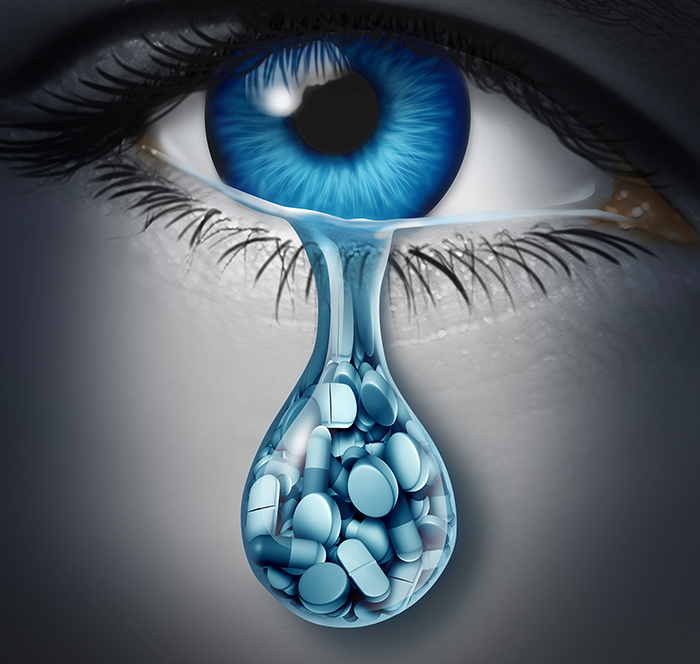
Chatham-Kent has joined the chorus calling for the decriminalization of drugs in Canada.
It’s part of the fight against the opioid crisis – a surging problem Canadian health care officials term “the second pandemic.”
Decriminalization is part of harm reduction, Chatham-Kent Medical Officer of Health Dr. David Colby explained, adding it’s a sort of “last resort” for public health.
“It’s basically an admission we can’t fix this, at least not now,” Colby said.
The physician, along with public health director Teresa Bendo, recently gave a presentation to council on the issue.
Decriminalization is part of a four-pillar approach to the opioid crisis, Colby said, that along with harm reduction includes education and prevention, treatment and recovery, and enforcement and justice.
He said decriminalization lessens the stigma of opioid use as criminal records complicate users’ lives and can lower socio-economic status.
Users committing crimes to feed addictions and the transmission of blood-borne and sexually transmitted diseases are factors that can be addressed through a different approach, he said.
Decriminalization would see a change in mandatory criminal sanctions that free police up for other matters and emphasize education and harm reduction rather than punishment.
Colby explained the current approach toward drug addiction isn’t working and is in fact contributing to a rise in addiction.
Data compiled by public health reveals the extent of the problem.
- During the week of Sept. 6, three people died of suspected opioid overdoses in Chatham-Kent.
- Deaths in Chatham-Kent from opioids doubled in the first year of the COVID-19 pandemic with 18 people dying in the period from April 2020 to March 2021. Nine people died in the same period from April 2019 to March 2020.
- Each year, local agencies hand out 2.4 million harm reduction items, such as clean needles or antiseptic wipes.
- Some 80 per cent of people addicted to opioids got hooked as a result of being prescribed pain relief by a physician.
- Fatal opioid poisonings are the highest cause of death in the unintentional death category, surpassing events such as car accidents, falls and drownings.
- Analysis shows that males aged 25 to 44 years are most at risk, as they comprise 75 per cent of recent deaths.
- Some form of fentanyl directly contributed to 80 per cent of all opioid deaths and at least 50 per cent of people died alone with no one to intervene.
Colby said Chatham-Kent police Chief Gary Conn and Don MacLellan, the head of EMS services for the municipality, agree with the decriminalization measures.
The motion to petition government to decriminalize and expand harm reduction services, brought forward by Chatham Coun. Brock McGregor, was approved by council.






